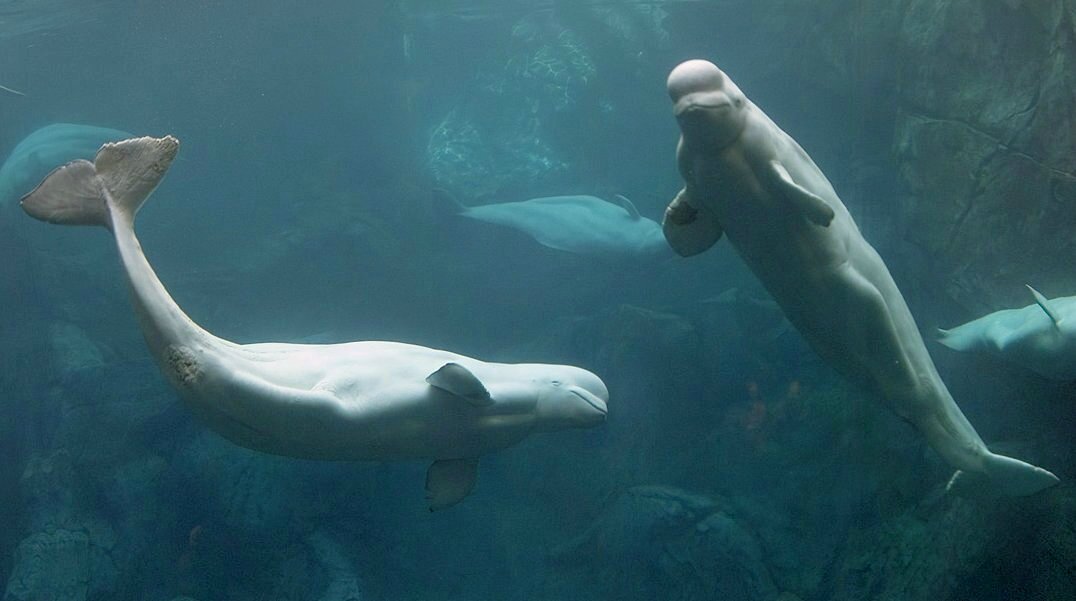

#Beluga whale knees free
Indeed, Born to Be Free highlights how numerous oceanariums have been springing up in Russia and, in particular, China, fueling a growing demand for captured dolphins, seals, orcas and belugas. public perception of captive animals in facilities such as SeaWorld, the focus is now on these international resorts. Petrosyan claims Georgia Aquarium is hoping to sell the 18 (the dead beluga is believed to have been replaced) to other international facilities - ones outside the remit of the U.S.'s NOAA - having already had discussions with some in Japan.Īnd with legislation clamping down on marine mammal importation into America and - thanks to Blackfish - the tide slowly turning on U.S. They put in a lot of money and of course they now expect this back."

"I would say there are no wishes to release them. " is now looking for other buyers," Petrosyan tells THR. Read More: SeaWorld to End Orca Shows in San Diego Estimates suggest there are just around 150,000 left living in the wild.īy the time the three found the belugas, some of whom have been in captivity for up to six years, one had already died, while others were showing signs of severely ill health.īut despite the aquarium reluctantly announcing in November 2015 that it wouldn't appeal the decision, the future still isn't rosy for the animals. But given their unique appearance, intelligence and chirpy, chatty, almost humanoid behavior, a growing number have found themselves living in captivity in aquariums around the world and performing for crowds.

Most live around the Arctic Ocean and the seas and coasts of Russia and Greenland. While SeaWorld isn't the primary target, The Hollywood Reporter has learned that reps for another major aquarium have been keeping a close eye on a new doc that hopes to do what Blackfish did for orcas for another aquatic mammal popular among oceanariums.ĭescribed as "Arctic dolphins" or "sea canaries," beluga whales are instantly striking creatures, almost ghostly white and with a distinctive swelling at the front of their heads. Last year, it announced it was ending the controversial orca shows at its San Diego theme park, while in March it revealed it would end its killer whale breeding program altogether, a remarkable achievement for a low-budget 83-minute film. Gabriela Cowperthwaite's documentary about killer whales in captivity almost brought SeaWorld to its knees, with the resort's stock plummeting as sponsors pulled out and crowds and revenue dropped. In terms of measuring a film's impact, few made in recent years can top Blackfish.


 0 kommentar(er)
0 kommentar(er)
